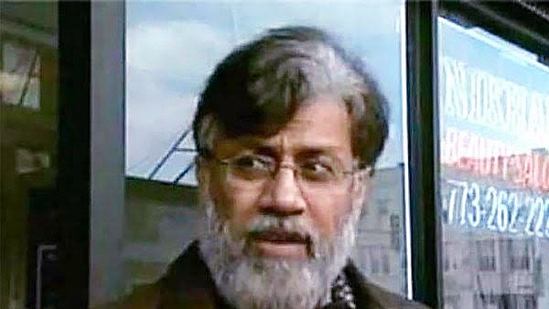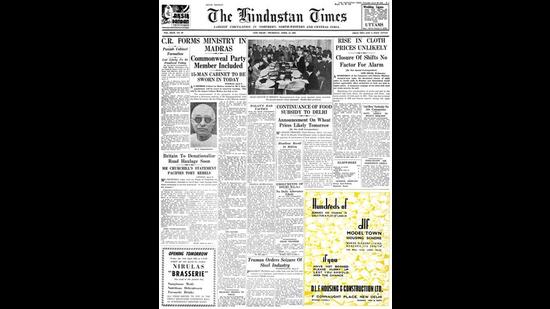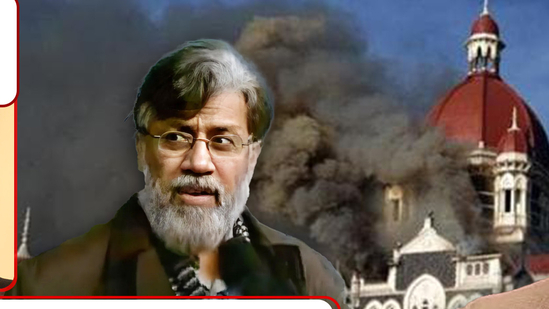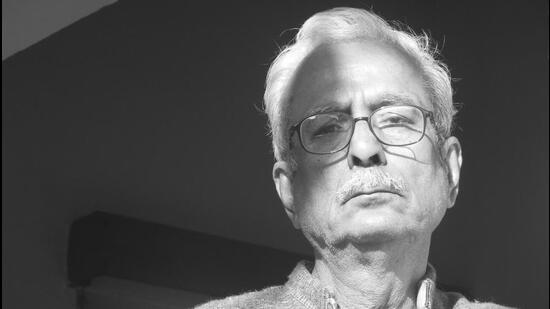In the quiet green of Raipur lives Vinod Kumar Shukla, a famous writer in India. At 88 years old, he won the 2023 Jnanpith Award and continues to charm readers with his unique style. Shukla is known for his simple yet powerful writing, which highlights everyday life and gives it a sense of importance. Recently, he spoke with Hindustan Times about his beginnings in Rajnandgaon, the role of language in politics, and how literature can serve as a quiet form of resistance in a broken world.
Congratulations on winning the Jnanpith Award! What does this award mean to you?
Thank you! I believe no writer writes just to win awards. Awards may come when you focus on your writing.
Can you share your memories from your first poetry collection?
My first collection was called Lagbhag Jai Hind. Ashok Vajpeyi, a notable figure, selected my poems even when he was a collector in Mahasamund.
Your language is very distinct. How did it become so simple and clear?
I developed my style to express myself naturally. It just comes to me.
How has your small-town upbringing in Chhattisgarh influenced your work?
I was raised in Rajnandgaon, where my mother inspired me to read by sharing stories of Bengali authors. This support helped me grow as a writer.
Do you think literature has a role in dealing with political issues like the Maoist movement?
Yes, literature can help address social and political problems. It should be part of discussions about society and politics. Sadly, literature might not always have the space it needs in society.
Has the Chhattisgarhi language shaped your writing?
Definitely! The local dialect has had a big impact on my work.
Do you think stories should be written in simple language?
I believe every writer should express themselves in a way that feels natural to them, whether it seems simple or hard to readers.
Has poetry been more significant in your life than prose?
Both poetry and prose are equally important for how I express myself. Sometimes writing prose can feel like writing poetry.
What is your experience in writing for children? Is enough being written for them today?
I enjoy writing for kids. When I write for them, I often find that I’m also writing for adults.
How do you see the connection between literature and film? Could a movie be made from your works?
Film is another strong way to tell stories. Yes, there have been plays and movies based on my writings.
What impact do awards have on a writer’s work?
Awards usually help bring attention to a writer’s work in a positive way.
What advice do you have for young writers today?
Keep writing and believe in your own voice!
Do you see yourself more as a poet or a storyteller?
I truly consider myself a poet.
In your book Naukar Ki Kameez, what does the “shirt of the writer” represent?
The writer’s “shirt” is indeed Naukar Ki Kameez.
Does poetry help create a better humanity?
Yes, poetry reinforces our sense of humanity.
What do you think about how your books were handled by publishers?
Currently, I’m getting better royalties from Rajkamal but have ended all contracts with Vani Prakashan because they continued to sell my works even after I asked them to stop. It has deeply hurt me.









